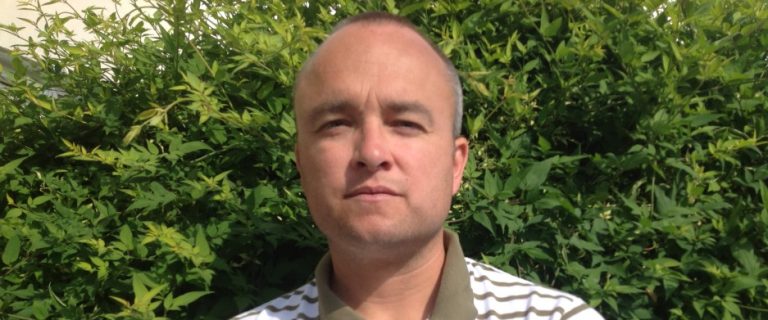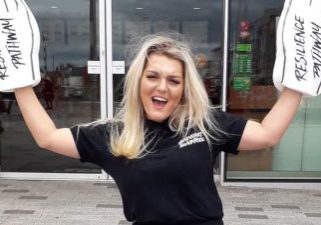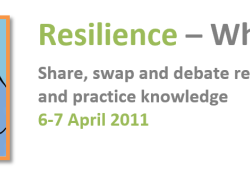Topic: Rethinking preventative wellbeing: a community approach to action research in mental health – Carl Walker, University of Brighton
Resources: You can download Carl’s slides.
Summary: Emotional distress can increase when people experience financial strain. Low income households may have to deal with mental health and/or debt issues. They then often have to deal with different services trying to help them as well as complex bureaucratic processes. Fragmented and diminishing sources of financial and community support also vary between regions. In this session I introduced a different way of thinking about the work that happens in community settings. This idea goes beyond the work done by ‘experts’ such as psychiatrists and psychologists and their particular language and ways of doing things. I discussed the implications of replacing these kind of mainstream therapeutic approaches with practices based in humanity, communitarianism and connectedness. A recognition of the role that policy and politics play in people’s distress is also important to think about.
This talk focussed on two projects; the first is a collaboration between a community psychologist, CAMHS (Child and Adolescent Mental Health Services) and a CVS (Community Voluntary Service) group. They created a parent-led peer support group for the parents of children diagnosed with ADHD (Attention Deficit Hyperactivity Disorder). The second is a collective local activity called ‘Debt Accountability Networks’. They aim to address the impact of debt on mental health, by developing new approaches to improve flexibility and accountability in local policy making. These include the voices of people directly affected by the policies.
I argue that wellbeing shouldn’t be viewed as a quality or state of an individual. Instead, we should be mindful of preventative community mental health work that puts service users and community members at the centre. These can be found in specific times and places within a community. It can be fluid in how it happens, and derives in part from the relationships between people within that community. I present pictures of community mental health work as advocacy, solidarity and partnership work. This is complex, messy, demanding and involves multiple stakeholders. It is often seemingly unmanageable. However, it has real value for the way that we think about how we do mental health work.
Biography: Carl Walker is on the British Psychological Society (BPS) National Community Psychology section committee and the national BPS Research and Behavioural Change boards. He has used a range of social science methodologies to engage in collaborative, multi-stakeholder evaluations in the fields of health, mental health and wellbeing, disability, care and debt. In recent years he has established evaluation partnerships with local groups including Local Authority, NHS and Community Voluntary Service organisations (Community Works, MAS, The Richmond Fellowship, Amaze, Mindout and Mind Brighton & Hove). This has involved more straightforward service evaluations as well as developing more complex, multiagency collaborative impact work. Carl’s research interests also include exploring the relations between debt, inequality and mental health and the use of community initiatives to work toward addressing mental health needs.
Who might be most interested: Carl’s talk is accessible to anyone with a personal, community, practitioner or professional interest in mental health, including: academics, practitioners, researchers, students, parents, carers, community workers, volunteers, public sector workers, young people, service users.
This event took place on Tuesday 13 February 2018.
The Resilience Forum is for ANYBODY (with a pulse!) involved with or interested in resilience research!


